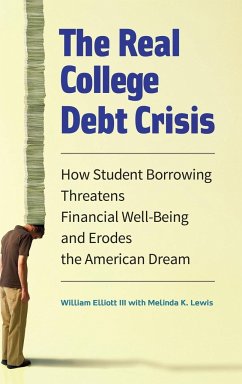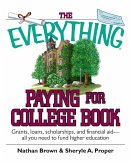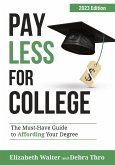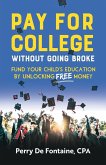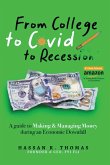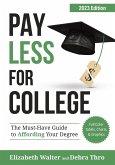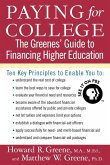Is it still worth it for low-income students to attend college, given the debt incurred? This book provides a new framework for evaluating the financial aid system in America, positing that aid must not only allow access to higher education, but also help students succeed in college and facilitate their financial health post-college. Higher education plays a critical role in the economy and society of the United States, creating a ladder of economic opportunity for American children, especially for those in poverty. Unfortunately, higher education today increasingly reinforces patterns of relative privilege, particularly as students without the benefit of affluent parents rely more and more on student loans to finance college access. This book presents penetrating new information about the fiscal realities of the current debt-based college loan system and raises tough questions about the extent to which student loans can be a viable way to facilitate equitable access to higher education. The book opens with relevant parts of the life stories of two students-one who grew up poor and had to take on high amounts of student debt, and another whose family could offer financial help at critical times. These real-life examples provide invaluable insight into the student debt problem and help make the complex data more understandable. A wide range of readers-from scholars of poverty, social policy, and educational equality to policymakers to practitioners in the fields of student financial aid and financial planning-will find the information in this text invaluable.

